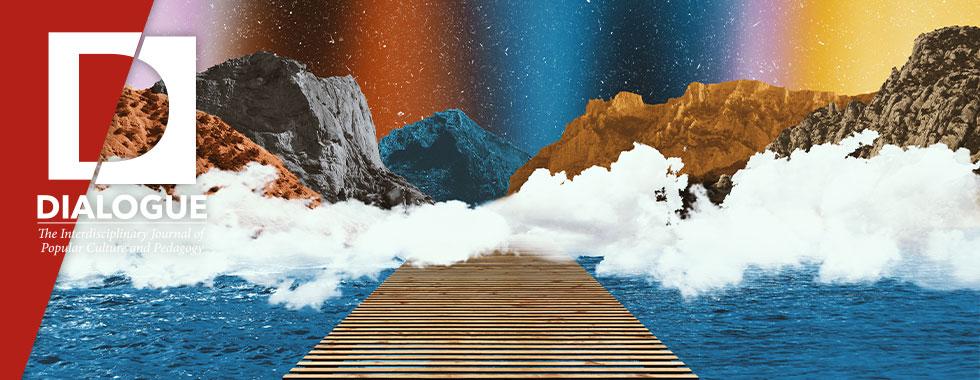Document Type
Article
Abstract
Orientalist tropes shaped Western ideas about the East in the late-nineteenth and early-twentieth centuries through travelogues and fiction, and have persisted into the twenty-first. One central set -piece of these stereotypes is the imaginary Eastern European country, “Ruritania.” The advantages and drawbacks of such an imagined place are explored more thoroughly through two recent pieces of pop culture, Wes Anderson’s film “The Grand Budapest Hotel”, and China Miéville’s novel The City and the City. While Anderson’s film entertains and sustains Orientalist stereotypes, Miéville’s novel demands the reader go deeper to empathize with characters and grapple with key issues about collective identity, power, corruption and violence.
Recommended Citation
Quinn, Erika
(2017)
"Eastern Imaginaries,"
Dialogue: The Interdisciplinary Journal of Popular Culture and Pedagogy: Vol. 4:
Iss.
1, Article 3.
Available at:
https://digitalcommons.unl.edu/dialogue/vol4/iss1/3
Included in
American Popular Culture Commons, Critical and Cultural Studies Commons, Curriculum and Social Inquiry Commons, Race, Ethnicity and Post-Colonial Studies Commons, Scholarship of Teaching and Learning Commons

